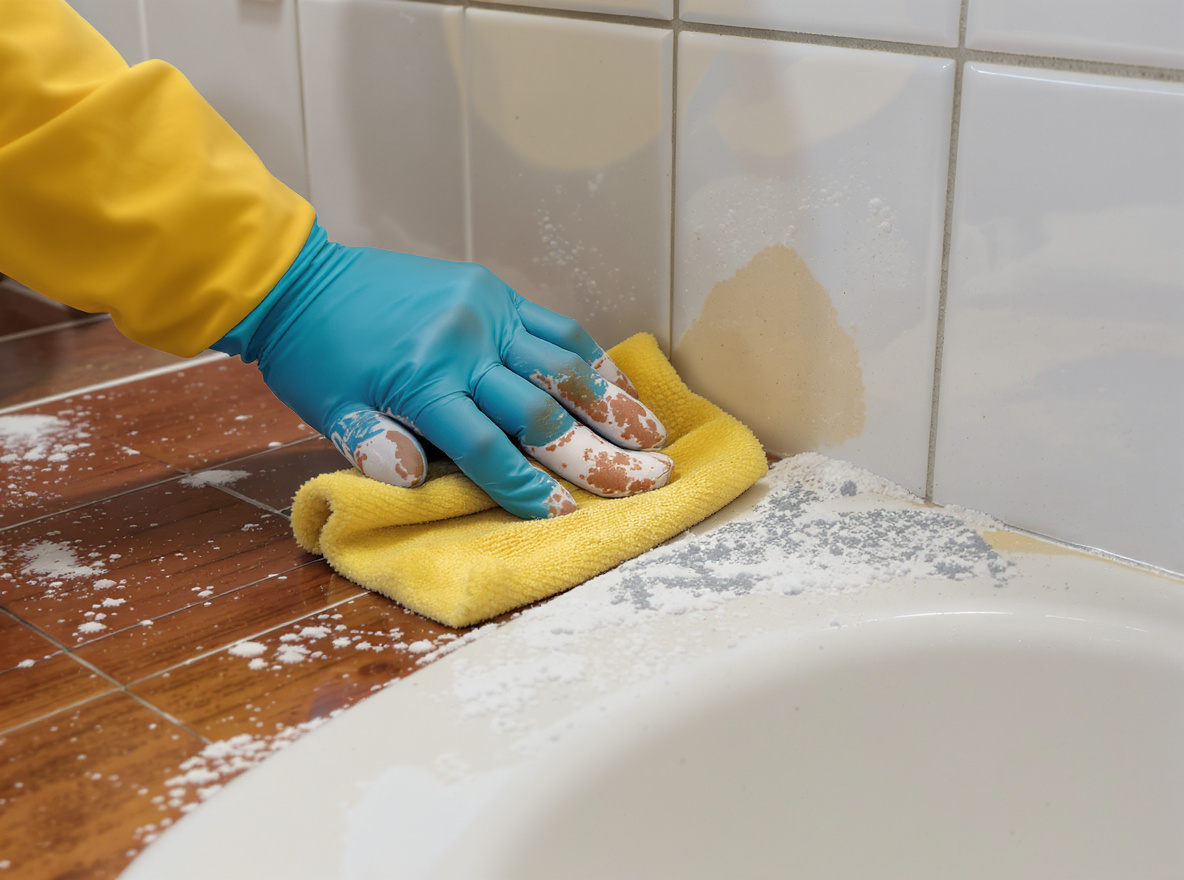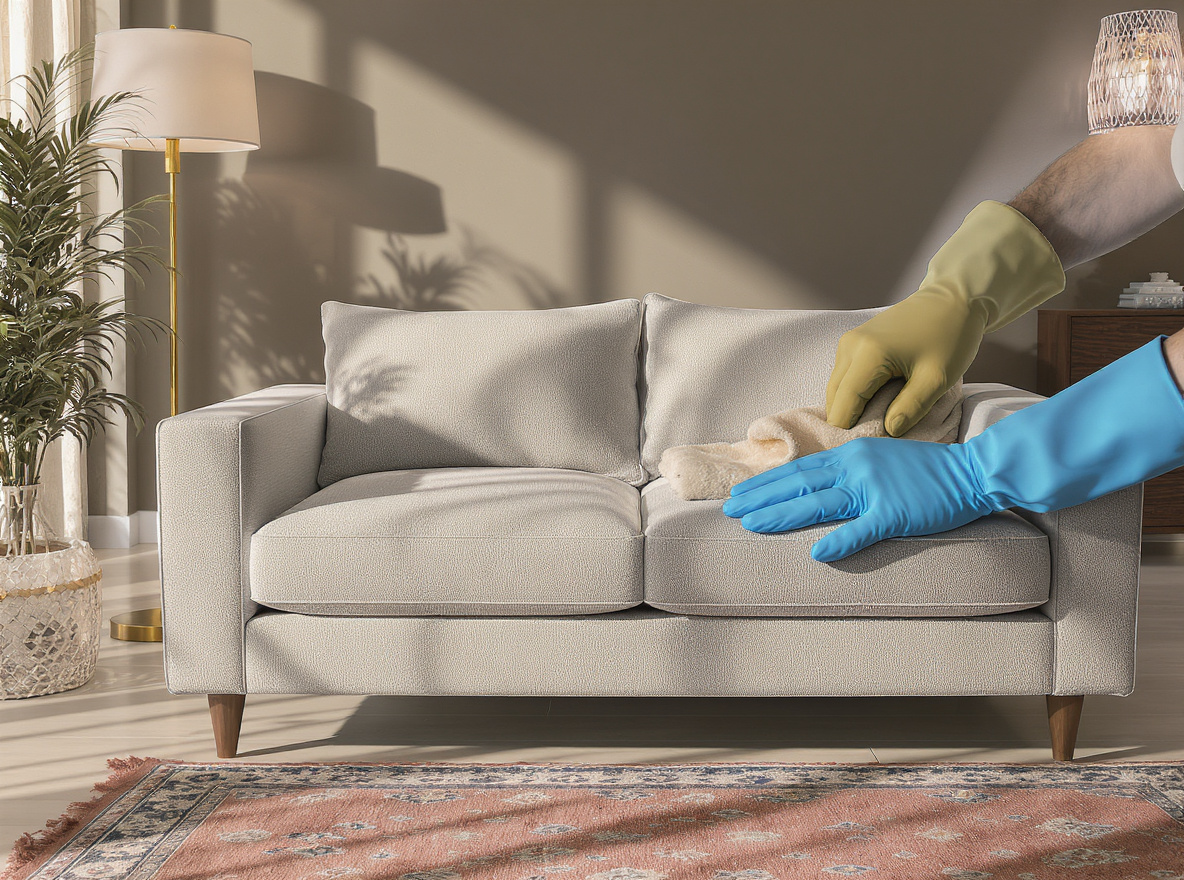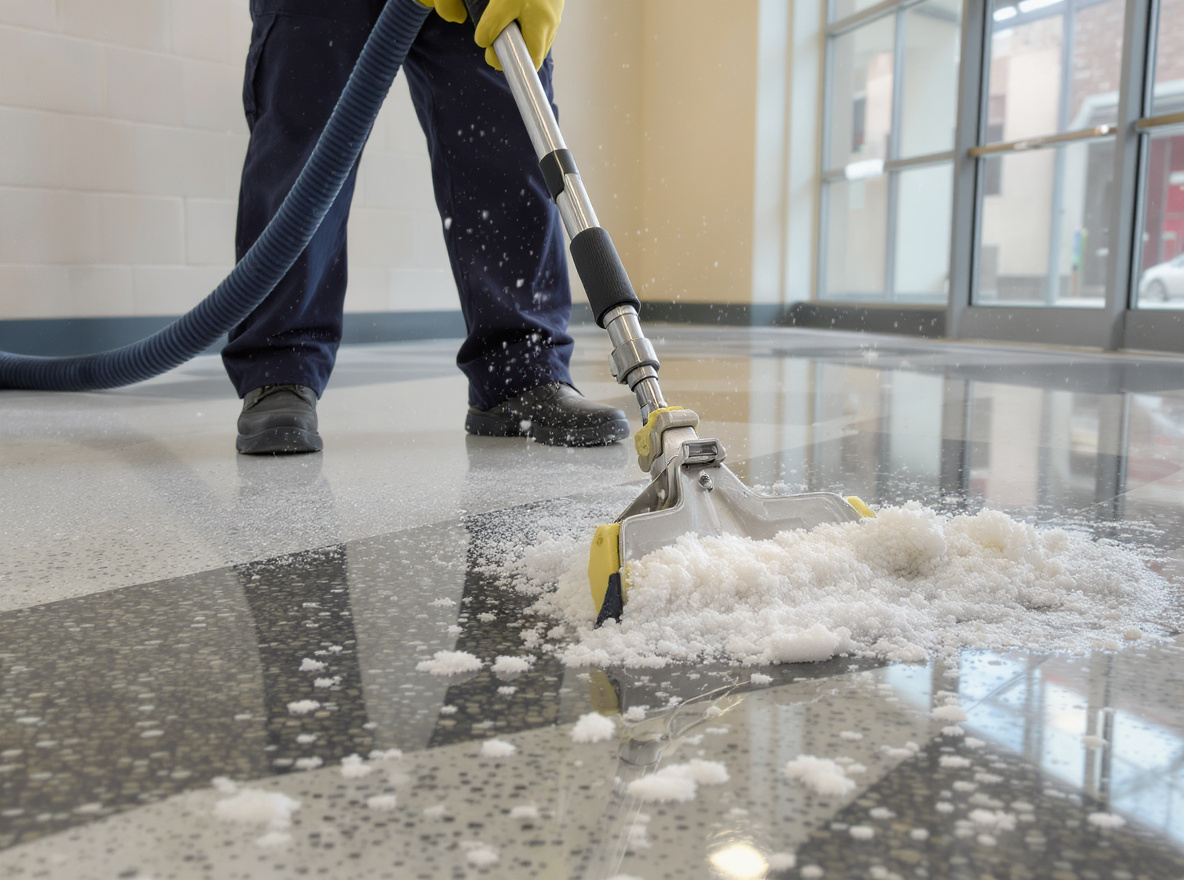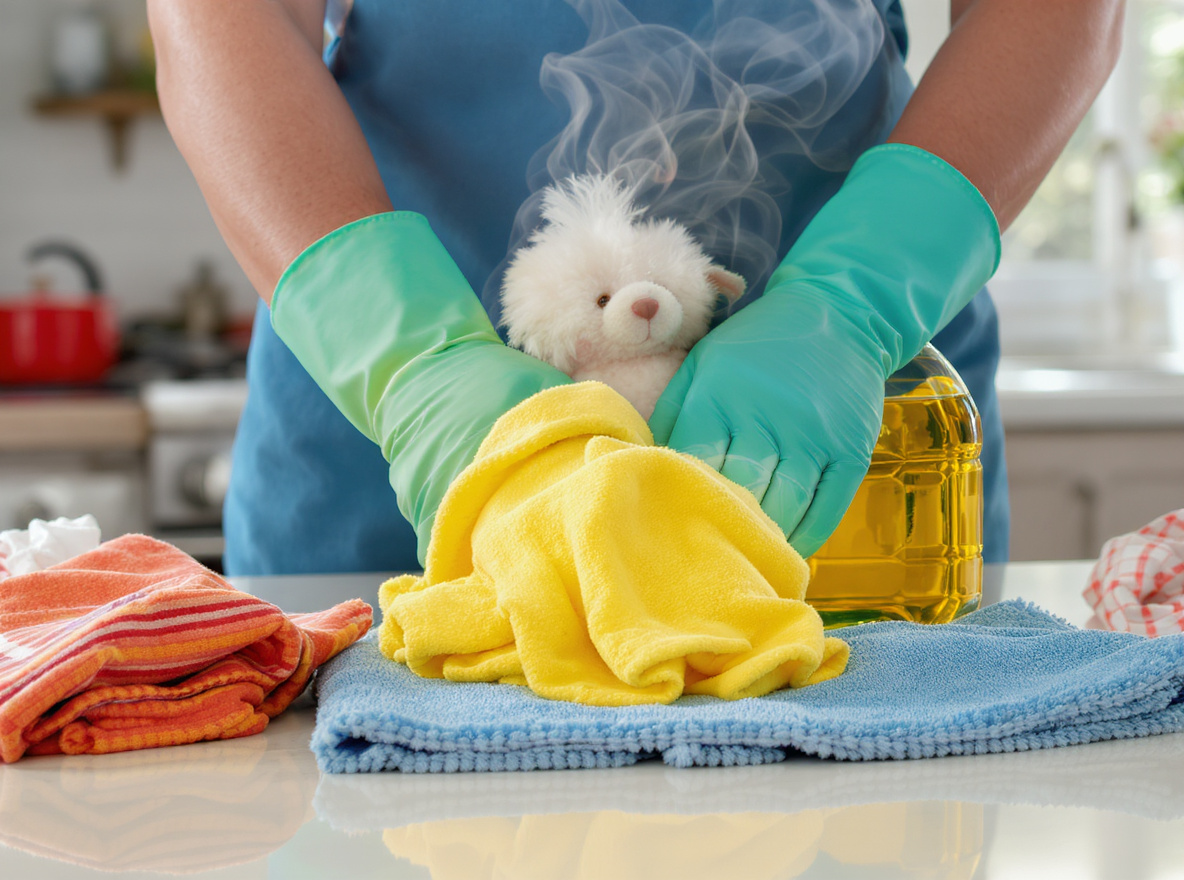How to clean your oven naturally without harsh chemicals
Whoever said oven cleaning had to be a nose-burning ordeal or an environmental guilt trip? Forget choking on noxious fumes or worrying about mystery residues on your next casserole. This is the ultimate guide to natural oven cleaning, packed with DIY oven cleaning hacks, eco-friendly oven cleaning methods, and the lowdown on chemical-free oven cleanup that works—really works.
Why go natural? The truth about oven cleaning chemicals
Let’s be honest: the classic “spray and pray” approach (spray on, pray you survive the fumes) is old news. Commercial oven cleaners are loaded with heavy-duty chemicals that can irritate your lungs, skin, and even eyes. Plus, they’re rarely planet-friendly, and who wants to worry about leftover residue mingling with their next home-cooked masterpiece? If you crave a safer, smarter, and more sustainable approach, it’s time to embrace the world of natural oven cleaning.
The science of sparkling: How natural ingredients work
You’ve probably heard the buzz about baking soda and vinegar, but what’s the secret sauce? Let’s break it down:
- Baking soda (sodium bicarbonate): Non-toxic, mildly abrasive, and alkaline. That means it cuts through acidic, greasy gunk, neutralizes odors, and scrapes away stubborn, baked-on foods without scratching your oven’s surfaces.
- White vinegar: Acidic, so it reacts with baking soda to create a fizzing, degreasing effect. This bubbling action lifts grime, making wipe-downs a breeze.
- Steam: One of the oldest natural hacks. Moist heat loosens hardened debris—think spa day, but for your oven.
The ultimate step-by-step: Eco-friendly oven cleaning
Ready to roll up your sleeves? Here’s how to tackle your oven with nothing but kitchen staples, a little patience, and some good old-fashioned elbow grease.
1. Prep like a pro
- Turn off and cool down: Safety first—always start with a completely cool oven.
- Remove oven racks: Pull them out for a deeper clean and easier access.
2. Mix up your magic paste
- Combine 1/2 cup baking soda with 3 tablespoons water in a bowl. Adjust until you get something close to pancake batter—spreadable, not runny.
- Optional: Add a few drops of natural dish soap for extra grease-cutting power.
3. Coat every nook
- Sponge or spatula: Slather the baking soda paste all over the oven’s interior, avoiding heating elements.
- Don’t forget the glass door: Grimy glass? Give it the same treatment.
4. Let it sit and work its magic
- Overnight is best: Give the paste at least 8-12 hours to break down grime and neutralize odors. For lighter messes, 15-20 minutes may be enough.
- Oven racks soak session: Submerge in hot water mixed with baking soda, or run them through the same paste treatment in your sink or bathtub.
5. The big reveal
- Scrape and wipe: Use a plastic spatula, scraper, or sponge to scoop up the now-loosened gunk and dried paste.
- Stubborn spots? A little extra elbow grease or a repeat application may be needed for ancient, fossilized spills.
6. Fizz and finish
- Spritz with vinegar: Fill a spray bottle with undiluted white vinegar and go to town on remaining paste residue. Enjoy the fizzing science show as vinegar reacts with baking soda and lifts away leftover grime.
- Wipe and shine: Use microfiber cloths, paper towels, or a damp rag for a final rinse. Enjoy that squeaky clean surface—now free from lingering chemical odors or weird residues.

If you’re looking for a trusted and high-quality cleaning service in Buffalo, Tonawanda, or Amherst —
get a free quote online.
You can also call us at 716-289-1966.
The steam clean secret: Zero chemicals, pure power
If you own a steam cleaning machine, count yourself lucky: this tool makes eco-friendly oven cleaning a nearly effortless affair.
- No steam machine? No problem. Place a water-filled, oven-safe dish in your oven. Set it to 450°F and let it steam for an hour. The heat and moisture will soften up the worst messes, making them easy to wipe away once cool.
- Bonus: No harsh smells, faster results, and safe for you and the environment.
Next-level DIY oven cleaning hacks
There’s more than one way to win the battle against oven grime the natural way. Here are extra pro tips for those truly stubborn stains:
- Lemon power: Halve a lemon, squeeze the juice onto stuck-on spots, and scrub with the lemon itself. The natural acids dissolve grease and leave your oven smelling fresh.
- Salt and baking soda scrub: For charred, burnt-to-crisp bits, sprinkle a mix of salt and baking soda directly onto the tough spots. Add a spritz of water and gently scour with a sponge.
- Natural pumice stone: For glass doors or notoriously stuck bits, a natural pumice stone can work wonders—but always test on a small area first to avoid scratches.
What to avoid when going chemical-free
- Skip steel wool or metal scouring pads—they will scratch your oven’s finish.
- Don’t soak electrical components or the oven light.
- Never turn on the self-cleaning cycle with paste or water inside: this is a mess (and potentially a fire hazard) waiting to happen.
The benefits of chemical-free oven cleanup
- Healthier home: No toxic fumes, no weird residues, no need to open every window for hours.
- Environmentally friendly: Lower your carbon footprint, keep waterways free of hazardous chemicals, and repurpose everyday kitchen staples.
- Budget savvy: Baking soda and vinegar are dirt cheap compared to commercial cleaners.
How often should you clean your oven the natural way?
- For regular home cooks, aim for every 2-3 months, or whenever you see, smell, or scrape off burned-on messes.
- Wipe up fresh spills as they happen to keep deep cleans easier and less frequent.
Cleaning your oven racks — naturally
Your racks need TLC too:
- Soak in a bathtub or large basin with hot water and baking soda overnight.
- For added power, scrub with a sponge dipped in vinegar.
- Rinse and dry thoroughly before returning to your spotless oven.
The final word: Eco-friendly oven cleaning is here to stay
Forget the myth that only harsh chemicals can tackle oven messes. The truth? Natural oven cleaning is efficient, safe, and weirdly satisfying. You’ll breathe easier (literally), save money, and protect the planet—plus, your food will taste better when not sharing the oven with leftover chemical gunk.
Get bold. Get natural. Let your oven sparkle with a clear conscience—and never dread cleaning day again.

If you’re feeling overwhelmed by cleaning and want to focus on what matters most, consider letting professionals handle it.
Our team offers reliable and get a free quote online or call us at 716-289-1966 for expert cleaning services that leave you with a sparkling space and peace of mind.
Frequently asked questions
- Can I use essential oils for oven cleaning? Yes, you can mix a few drops of essential oil with your baking soda paste for a pleasant scent.
- Is steam cleaning effective? Yes, steam is a powerful way to naturally loosen grime and make cleaning easier.
- How do I clean my oven light? Wipe it with a damp cloth and a bit of dish soap, but avoid using too much water.
- Can I use baking powder instead of baking soda? No, baking powder won’t have the same cleaning effect as baking soda.
- How long should I let the cleaning paste sit? Ideally, leave it on for 8-12 hours for the best results.














